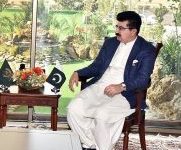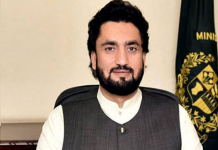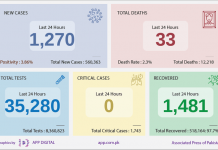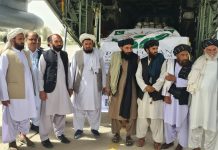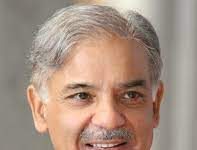BEIJING: As senior officials from Pakistan, United States, China and Afghanistan are scheduled to meet in Islamabad on Wednesday (May 18) to discuss prospects for the Afghan peace process, Pakistan believes political negotiation is still the best option to find a solution to the protracted problem, a Chinese news service reported.
The upcoming meeting of the Quadrilateral Coordination Group (QCG) is seen as vitally important as Afghanistan is now pushing for action against the Taliban after they have publicly refused to come to the negotiation table and have also stepped up attacks with the launch of their annual ‘spring’ offensive, according to the Xinhua news agency.
As special envoys will gather in Islamabad, Afghan envoy Omar Zakhilwal has formally suggested to the group to declare the Taliban situation as irreconcilable. The QCG that was launched in December for the peace and reconciliation in Afghanistan is now in a fix over the divergence of opinion within the group on how to deal with the Taliban.
There is no doubt the US and its NATO allies failed to solve the problem through military operations over the past 14 years, despite the presence of nearly 160,000 troops with full military power. More people will surely die if this war continues. The Afghan government has genuine concerns about the violence as it would be very hard for any government to sit in negotiations with armed opponents if their security forces and the people are being brutally killed in fighting and bomb attacks.
Although, the government was under pressure to change its policy of reconciliation with the Taliban, political options should not be totally rejected, observers have maintained. In Afghanistan, a vast majority has thrown its weight behind the government policy to hold intra-Afghan dialogue with the Hezb-i-Islami, another resistance movement. Both sides have reported progress in the talks and a peace treaty is most likely to be signed in weeks that could put some pressure on Taliban to review their policy.
If the Taliban have a political office in Qatar, they should not hesitate to use this option, political sources close to the matter have urged. Last week, Foreign Affairs adviser Sartaj Aziz told the Senate that Pakistan has been impressing upon the US and the Afghan side that the reconciliation process needs to be given a fair chance and more time.
He said that irreconcilable elements could be targeted after concerted negotiation efforts have failed. In view of the different approaches, the upcoming QCG meeting has assumed a great deal of importance in developing a consensus on how to proceed as all member countries have a shared responsibility. Diplomats will mainly focus on the roadmap that was agreed upon in the last QCG round held in Kabul in February.
Ambassador Zakhilwal insists that the roadmap was precisely about the steps that the QCG member countries needed to take in their respective or relevant domains, both during peace talks if they began and also if the Taliban refused to join the talks. “Now that the Taliban has publicly refused to join the talks and opted for more violence, the second scenario is applicable,” Zakhilwal had said.
Despite different approaches, the four-nation process is still the best available option to be used to find a political solution to the Afghan problem. As the Afghan issue is very complicated, it needs patience. If a problem could not be solved in 15 years through military means, sometime should be given to political or diplomatic processes.

